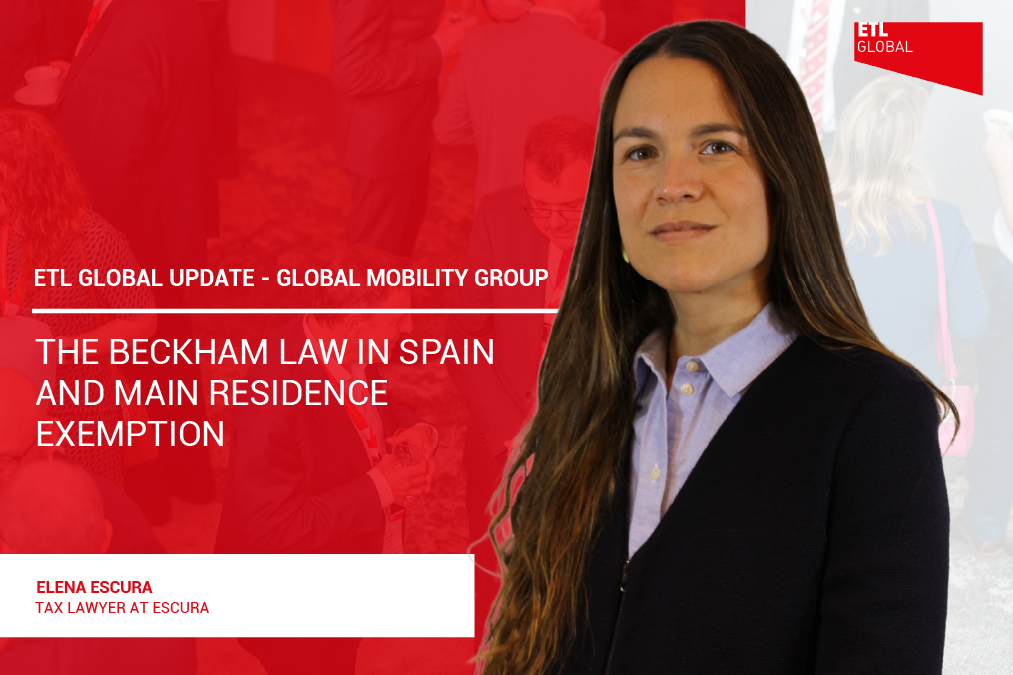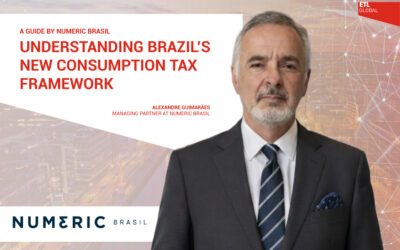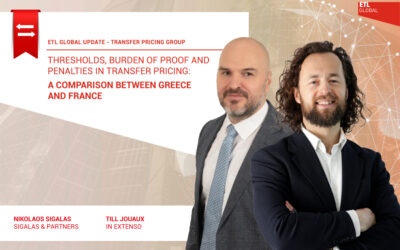Spain’s special tax regime for inbound taxpayers, commonly known as the “Beckham Law,” remains one of the most effective tools for attracting international talent. This regime allows certain foreign workers to be taxed as non-residents during their first six years of Spanish tax residency, applying a fixed rate of 24% on Spanish-source employment income up to €600,000, and 47% on the excess. Compared to Spain’s progressive personal income tax rates, which can exceed 50%, the advantage is clear for many foreign professionals.
In addition, those under the regime are not required to file the Model 720 (foreign asset declaration), are only taxed on assets located in Spain, and can benefit from tax exemptions on in- kind remuneration such as health insurance or meal vouchers. To qualify, individuals must not have been Spanish tax residents in the previous five years and must apply within six months of their registration with Spanish Social Security.
However, one of the regime’s main criticisms for years concerned the tax treatment of the main residence. While ordinary Spanish residents are not required to impute a notional rental income for their primary home, the Spanish Tax Agency (AEAT) required Beckham Law taxpayers to declare such an imputed income based on the cadastral value of the property. This obligation stemmed from the Non-Resident Income Tax (IRNR) framework, which traditionally governs the Beckham regime.
This situation changed significantly in 2024. In a major shift in legal interpretation, both the Madrid High Court of Justice (ruling 316/2024, dated May 6) and the Madrid Regional Economic Administrative Court (decision of July 31, 2024) concluded that taxpayers under the Beckham Law should not be required to impute notional rental income for their main residence in Spain. The courts reasoned that although the regime refers to IRNR rules, there is no actual income derived from using one’s main residence. Therefore, the same exemption applied to regular Spanish residents should also apply to expats under the Beckham regime.





